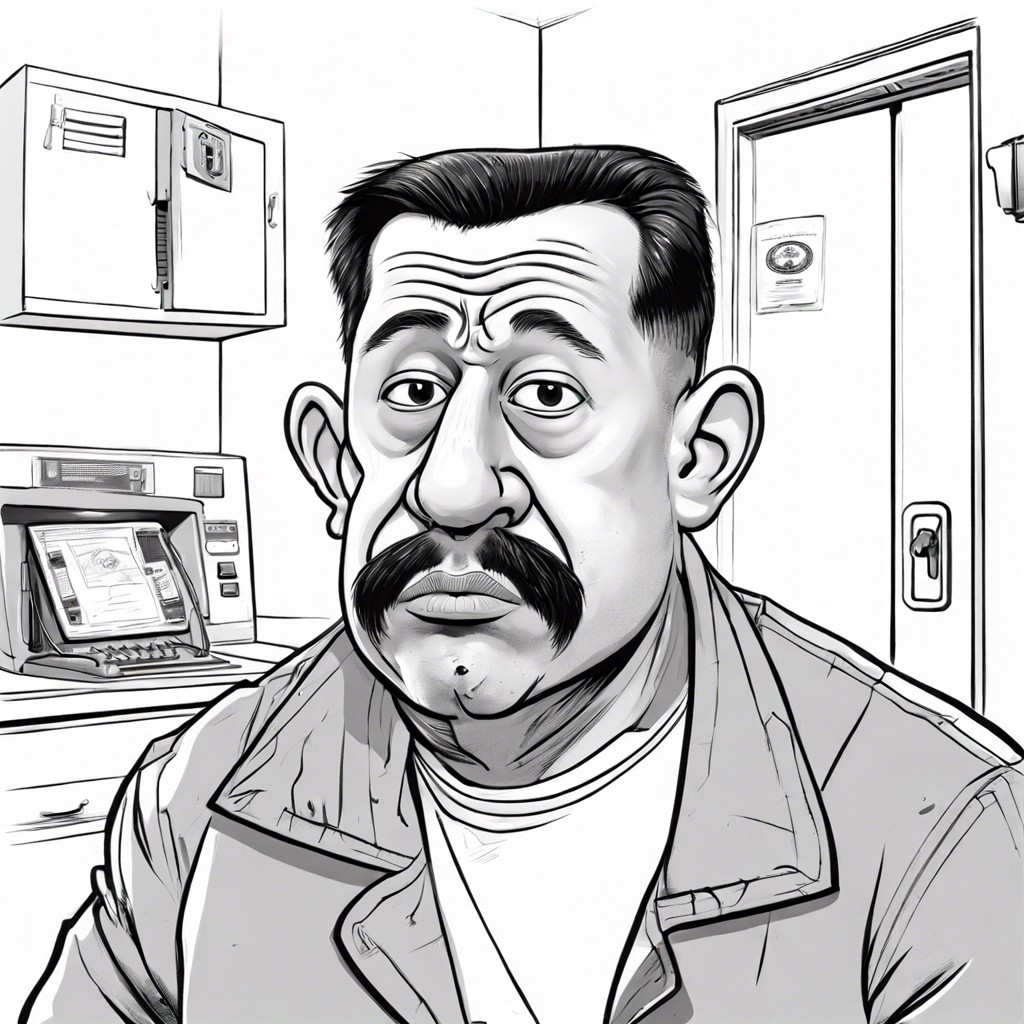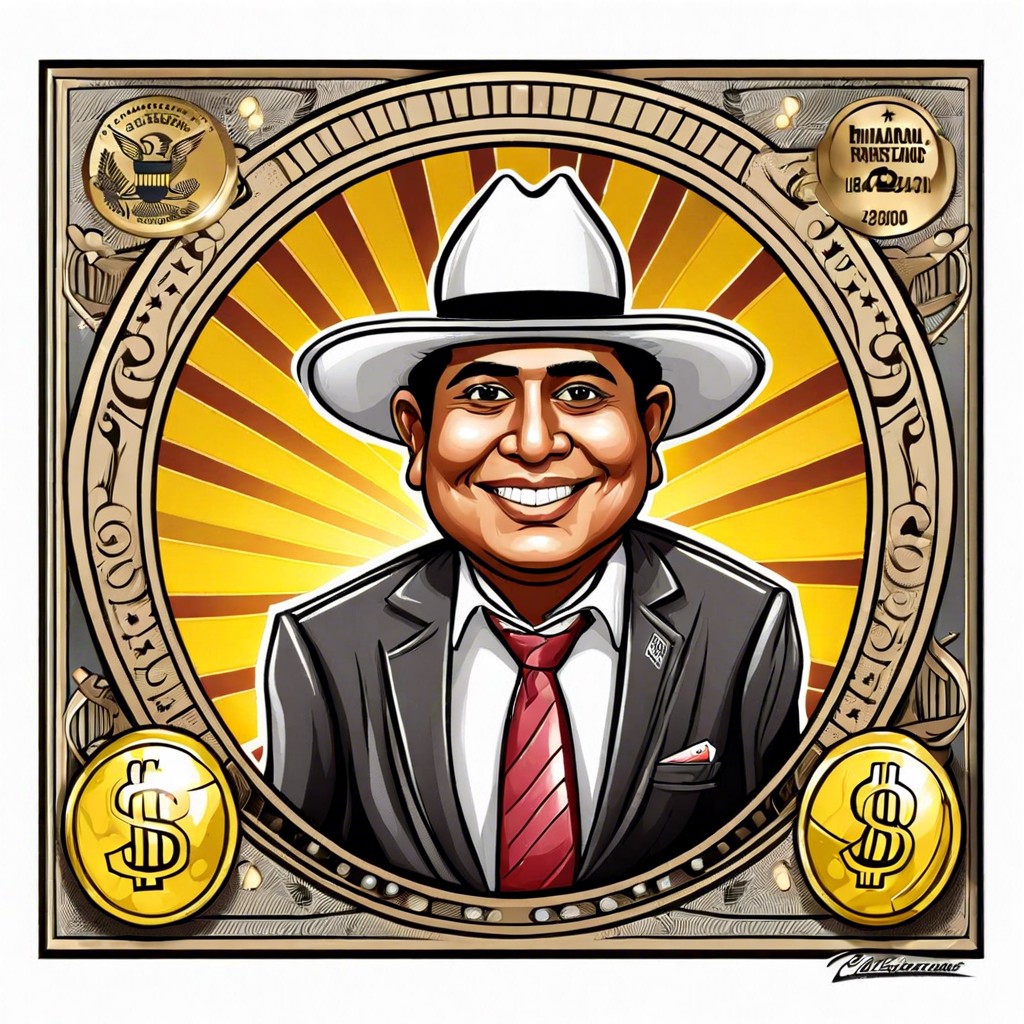Understanding what happens if trust is broken can help you navigate relationships more wisely and mend any rifts.
Trust, a fragile crystal vase on a unsteady table, can shatter with a whisper. Wondering what happens when you toss it? You’re in the right place. We’ll dive into the depths of broken trust, recognize the early tremors, explore mending techniques, and shield your future. No fluff, all facts—with a dash of humor for the soul. Let’s navigate this maze together!
Key takeaways:
- Trust is essential; broken trust impacts relationships, communication, decision-making.
- Signs of broken trust include silence, secrecy, blame game, defensiveness.
- Rebuilding trust requires heartfelt apology, consistent action, open communication, time, professional help.
- Prevent trust issues with open communication, realistic expectations, regular check-ins, transparency, support.
- Manage emotional consequences by acknowledging feelings, seeking companionship, self-care, meditation, setting boundaries.
Understanding the Impact

Trust is like that one piece in a Jenga tower that holds everything together. Yank it out, and the whole thing wobbles or even topples over. When trust is broken, it’s not just emotions that get hurt. There are ripple effects everywhere.
First, relationships are strained. It’s like trying to glue a broken vase back together; it might hold, but those cracks remain.
Secondly, communication gets awkward. Imagine turning every conversation into a cautious tango, always watching your step.
Thirdly, decision-making becomes tricky. Do you opt for being transparent or go full FBI mode with a side of paranoia?
Understanding these impacts helps gauge the gravity of the situation, and why trust isn’t just given away like Halloween candy.
Recognizing Signs of Broken Trust
Maybe your partner suddenly morphs into a Sherlock Holmes wannabe. Or your friend is dodging your calls with the agility of a ninja. These could be flashing neon signs that trust has taken a hit. Here’s how to spot it:
Watch for the stone-cold wall of silence. If conversations feel like interrogations rather than chats, you may be treading on thin trust ice.
Notice any sudden secrecy. That person who used to overshare now acts like the CIA. Odd, right?
Pay attention to the blame game. If someone’s constantly pointing fingers at you, trust might be the invisible issue.
Be aware of defensiveness. If casual questions feel like you’re prying into state secrets, there’s probably a trust issue lurking.
Analyze body language. Crossing arms, avoiding eye contact and fidgeting can be non-verbal SOS signals that trust has packed its bags and left the building.
Steps to Rebuild Trust
Start with a heartfelt apology. It’s about owning up to the mistake without excuses. Apologies should be as sincere as grandma’s cookies are delicious.
Next, take consistent, honest action. Actions truly do speak louder than words. Show that you mean business by doing what you say you’ll do. Imagine your actions are like a superhero cape—wear them daily.
Open communication is key. Keep the lines of dialogue open like a 24-hour diner. Discuss concerns, feelings, and expectations frequently.
Give it time. Trust isn’t a microwave dinner; it’s more like a slow-cooked stew. It takes patience and effort over time to rebuild what was lost.
Lastly, seek professional help if needed. Sometimes, rebuilding trust requires a wise sage—also known as a therapist—to guide you through the murky waters.
Preventive Measures for Future Trust Issues
First off, clear and open communication is the cornerstone of trust. Sharing how you truly feel—even if it’s awkward—can prevent misunderstandings from snowballing into bigger issues.
Next, set realistic expectations. Understand what’s within your control and what isn’t. It’s okay to say no sometimes—overcommitting leads to broken promises.
Also, do regular check-ins. Think of it as a trust tune-up. Just like you’d service a car to keep it running smoothly, discussing your thoughts and feelings can keep your relationship on track.
Transparency is key. Be honest, even when it’s uncomfortable. A little honesty now can save a lot of apologies later.
Lastly, be a human safety net. Support each other in stressful times. Knowing someone’s got your back strengthens trust more than any grand gesture ever could.
Emotional Consequences and How to Manage Them
Betrayed emotions can feel like a tornado threw your heart into a blender. First, acknowledge those feelings. It’s not just sadness—there’s anger, confusion, and possibly a pinch of “why me?” syndrome.
Get comfy with vulnerability. Share your feelings with someone you trust. Companionship can turn your emotional spaghetti into something more digestible.
Give self-care a VIP pass. Engage in activities that make you feel like you again. Whether it’s diving into a good book or binging on a TV show that’s your cinematic soul food.
Channel your inner Yoda and meditate. Deep breaths can dodge stress like a ninja and help you reclaim emotional balance.
Lastly, set boundaries. Clear lines of what’s acceptable can protect you from future emotional tsunamis.
Feelings are like guests at a party, they all deserve some attention but shouldn’t overstay their welcome. Manage, don’t ignore.




